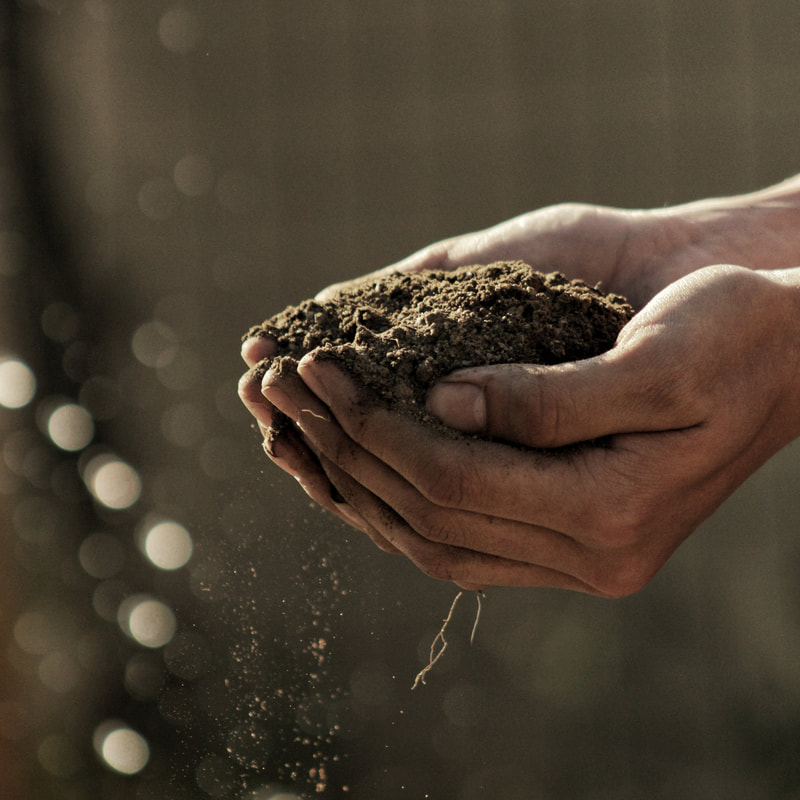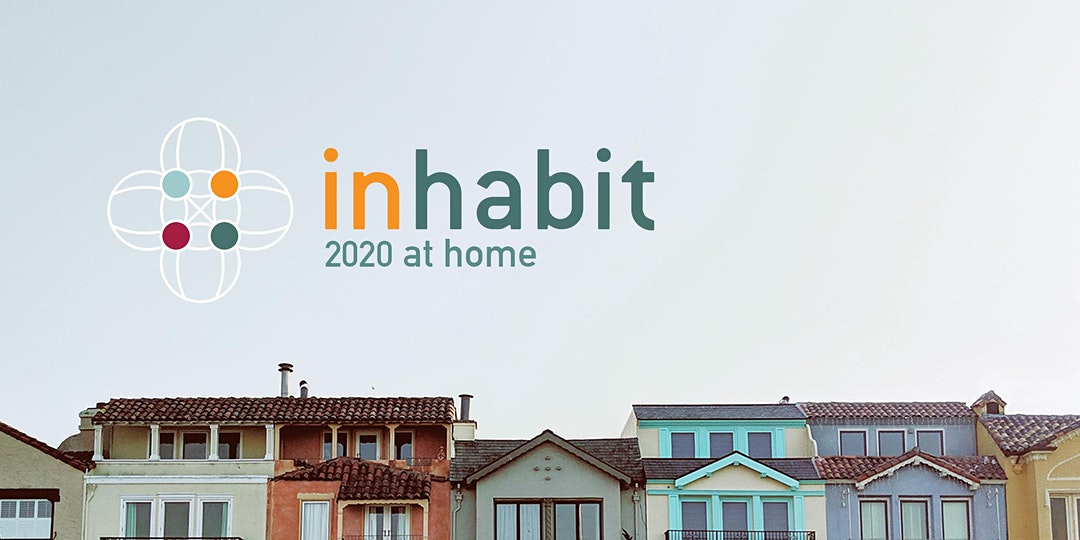"Is it too late to reorganize the church in the neighborhood for a more equitable future?" -Parish Collective
For the past few years, we have been on a journey to reimagine the church in the neighborhood — to go beyond talking about love to actually embodying love together in real time and space. To reclaim the human and earthiness of our faith as we reconnect to the land and to each other following the command that sums it all up: Love your neighbor as yourself.
You see, we have a dream. To co-create a beautifully diverse and equitable community that reflects the wide and inclusive love of Jesus. This revolutionary love that turns greed and empire on its head, lifts up the poor and the oppressed, and heals all that is broken. A love that sets a table where all have gifts to contribute, difference is celebrated, and "the other" becomes family. Now, this dream is a beautiful dream that appeals to many. Sure to inspire, warm, and tingle. And yet while we all like talking about this dream, few will live it.
I know this too well. I am often misunderstood. My passion for joining God in the neighborhood has been misinterpreted as cute, niche, impractical, perhaps impossible in today's modern, high-tech, mobile world. Reimagining church as a rooted community versus a weekly gathering has proven anything but easy.
We are accustomed to living our individual lives without the burden of the common good. We are steeped in a culture of consuming rather than our God-given vocation of creating. We are used to floating above place, without much regard for the neighborhood in which we live and without truly knowing or loving our neighbors. And yet this pandemic has unveiled that we are all far more connected than we imagine. It has also revealed a pandemic of racism in our country, the wide and gaping cracks of inequity and injustice, and the deep roots of white supremacy at its very foundation. This is not a world we were meant for.
And yet I believe with all my heart, there is another way to live.
There is a new world that the Spirit is birthing in Jesus that frees the oppressed, heals the divides, and restores broken foundations.
“Is not this the kind of fasting I have chosen:
to loose the chains of injustice and untie the cords of the yoke,
to set the oppressed free and break every yoke?
Is it not to share your food with the hungry
and to provide the poor wanderer with shelter--
when you see the naked, to clothe them,
and not to turn away from your own flesh and blood?
Then your light will break forth like the dawn,
and your healing will quickly appear;
then your righteousness will go before you,
and the glory of the Lord will be your rear guard.
Then you will call, and the Lord will answer;
you will cry for help, and he will say: Here am I.
If you do away with the yoke of oppression,
with the pointing finger and malicious talk,
and if you spend yourselves in behalf of the hungry
and satisfy the needs of the oppressed,
then your light will rise in the darkness,
and your night will become like the noonday.
The Lord will guide you always;
he will satisfy your needs in a sun-scorched land
and will strengthen your frame.
You will be like a well-watered garden,
like a spring whose waters never fail.
Your people will rebuild the ancient ruins
and will raise up the age-old foundations;
you will be called Repairer of Broken Walls,
Restorer of Streets with Dwellings." [Isaiah 58]
I believe that it is time — in fact, a holy moment in time — to reimagine the church.
We must repent for the ways in which the church has been shaped by western imperialism, systemic racism, colonization, patriarchy, consumerism, and individualism. We need to explore how white supremacy distorts our imagination for how we can reorganize the church together in the dirt and soil of the neighborhood. For this is where heaven meets earth. We must seek to embody the gospel and to co-create a new community of revolutionary love — and I don't think we can do this apart from being rooted in our places.
"As theologian Dr. Willie Jennings says, “race is a matter of geography.”
If the very ground we walk on is home for unjust systems and economies, then we must return to our Genesis vocation to join God's work of renewal and shalom for all people, plants and animals. We must disrupt the soil, root out the weeds that choke, plant seeds of peace and equity, and cultivate new gardens of love, justice, and beauty.
Dr. Jennings expounds on this thought in a recent article in The Christian Century:
"These days I am trying to understand how to be Christian in the dirt. Which means I am trying to think theologically from dirt and trees, sky and water, ocean and animals—not as background to life but as the reality of connection that prepares us for the living of life together. I believe theology and theological education must be reframed inside a more expansive and invasive ecological awareness, one that magnifies the sinews of our connectivity—to plants, animals, the built environment, and each other—to the level of pedagogy, that is, to the level of guiding our teaching and learning. I have been helped by a number of indigenous thinkers over the years who have marked this path forward...
...I continue to be amazed at the resistance of people—especially Christians, and especially some scholars, Christian or not—to this hard work. Such avoidance is understandable but not acceptable given the constant machinations of a white supremacy that now enjoys the sunlight of its unmasking. Only by remembering the dirt can we challenge this avoidance, with its constellation of mental and emotional stratagems of refusal. This remembering brings us to the work of seeing connections between the places we’ve lived and what those places teach us about race and faith—and between how we need to live on the ground in place now and who we want to be in this world."
This is a beautiful prayer.
May the Spirit reveal to us how we are to live on the ground in our places now and who we want to be in this world.
by Jessica Ketola
Photo by Gabriel Jimenez on Unsplash
Join us online and at home as we bring our neighborhoods together to discern God's hopeful and equitable future. We’ll leverage our online connectivity to bring us together in unique ways. For the first time in Inhabit history, we’ll engage in learning, stories, art, and connection from the neighborhoods each of us inhabit year around. REGISTER TODAY!


 RSS Feed
RSS Feed
